1. What is "Lì Xì" or Lucky Money?
“Lì xì”, known in English as lucky money, is a traditional practice in Vietnam during Tết (Lunar New Year). It involves giving new bills in a red envelope, called a "bao lì xì", as a symbol of luck, health, and prosperity. The act of mừng tuổi (age greeting) is often directed toward children but also extends to elders.
2. Origins of the Lì Xì Tradition
2.1. Ancient folklore
One legend tells of evil spirits trying to harm children on New Year’s Eve. Gods transformed into shiny coins and instructed parents to place them in red envelopes under the pillow. The spirits feared the glow and left the child unharmed. Thus, people started using red lucky envelopes as protective charms.
2.2. Imperial anecdote
Another story attributes the tradition to the Tang Dynasty, when Emperor Tang gave red-wrapped gold and silver to his newborn as a blessing for fortune and health.
3. The Symbolic Meaning of Giving Lì Xì
3.1. More than money – a heartfelt wish
Though the lucky money inside may be small, it carries wishes of luck. Receiving lì xì is a beloved part of the holiday for both children and elders. The red envelope color symbolizes happiness and wealth in Asian culture.
3.2. Teaching children about finance and gratitude
In the past, Tết lì xì was the only chance for children to receive money. Now, many parents teach kids how to manage their lucky money, spending a little and saving or donating the rest, instilling values and responsibility.
4. Adults Can Receive Lì Xì Too
Modern traditions allow children to give lì xì to their elders, especially parents and grandparents, as a token of appreciation and wishes for longevity. For elders, receiving lì xì from employed children is a sign of success and fulfillment.
5. Proper Etiquette for Giving & Receiving Lì Xì
Lì xì is given during the first three days of Tết with warm wishes
Money should be new bills in a red envelope for luck.
Always use both hands when receiving and avoid opening it immediately.
Say thank you and offer a kind New Year’s wish in return.
A common concern: “How much money should I put in a lucky envelope?”
There’s no fixed amount. It depends on the relationship. The value of lì xì lies in the sentiment, not the sum.
6. Lì Xì in Modern Life
Today, lucky envelopes feature creative designs. Some people prefer gifting USD bills, or Vietnamese bills with "lucky serial numbers", like 68 (meaning “prosperity”). Expats often find ways to send lucky envelopes abroad to their families.
While the monetary value of mừng tuổi may rise, its cultural and emotional meaning remains cherished. Lì xì during Tết continues to be one of the most iconic and beloved Vietnamese New Year traditions.
 Register
RegisterSign in Travel Agent
Sign in Supplier
Sign in Affiliate
Sign in Guru

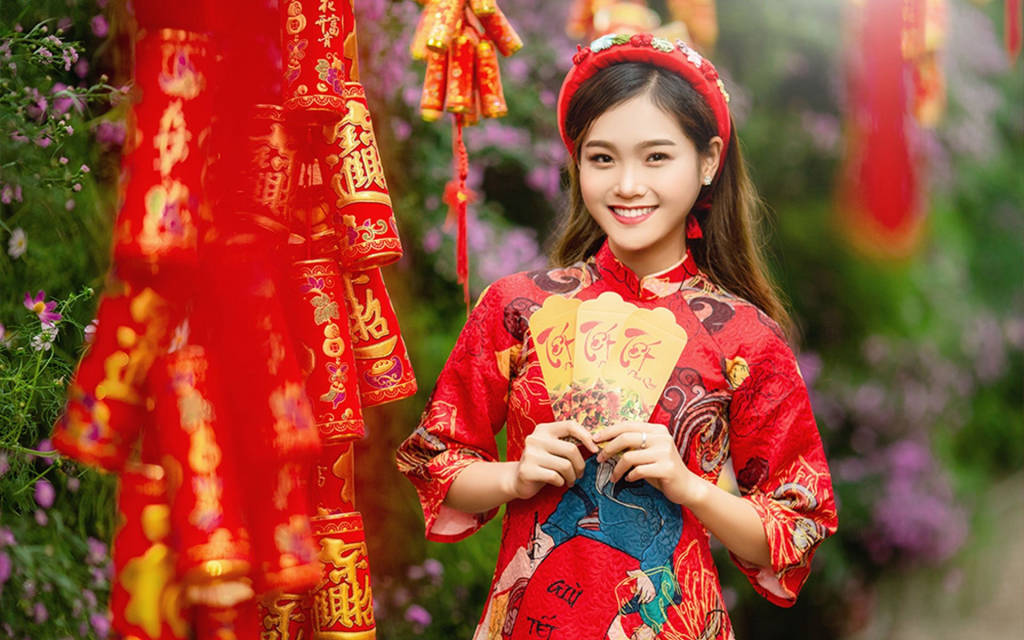
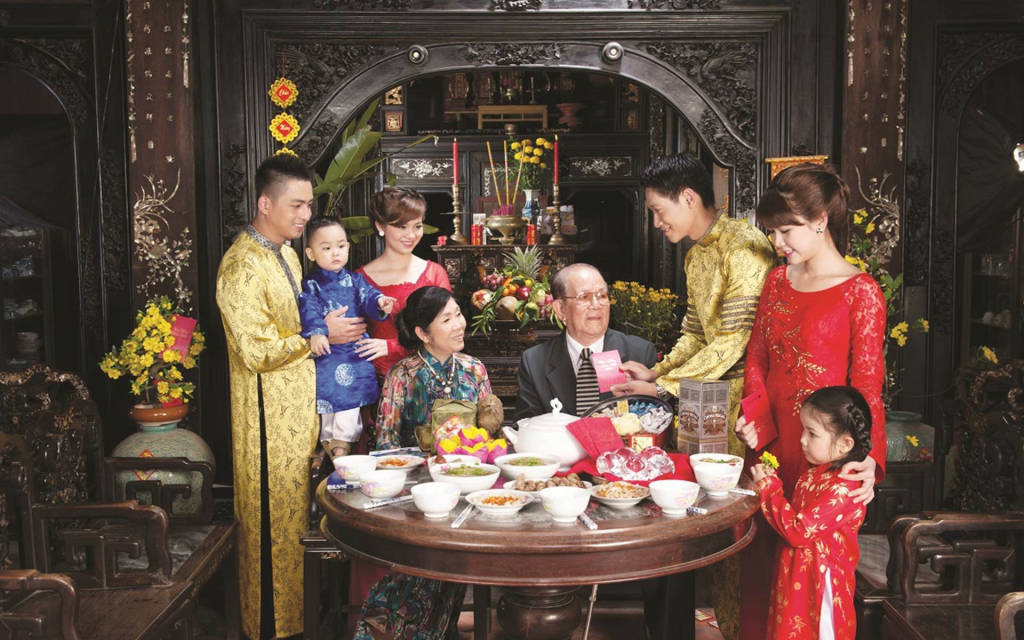
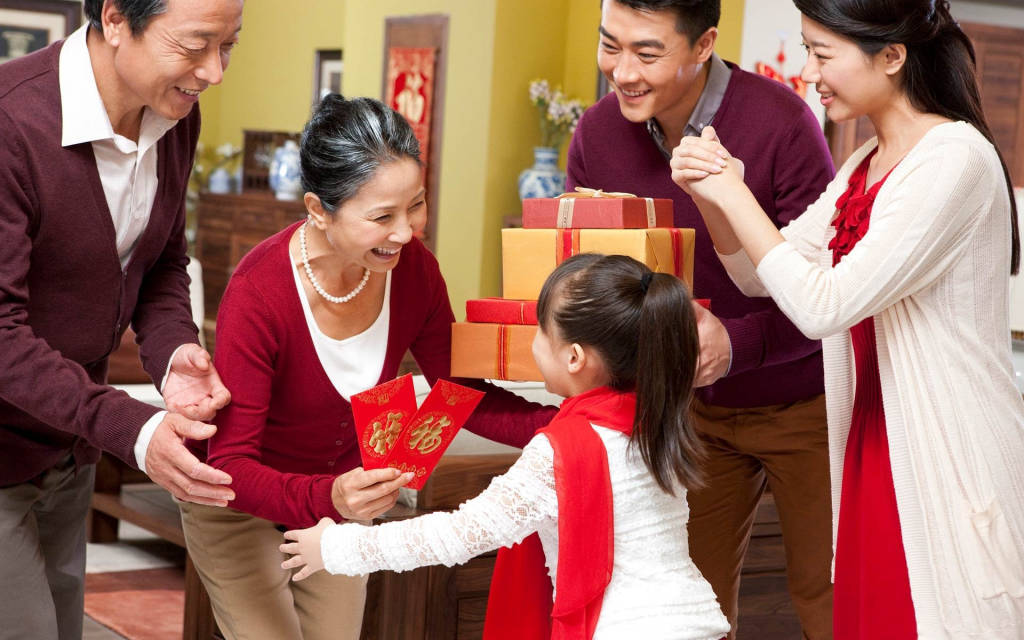
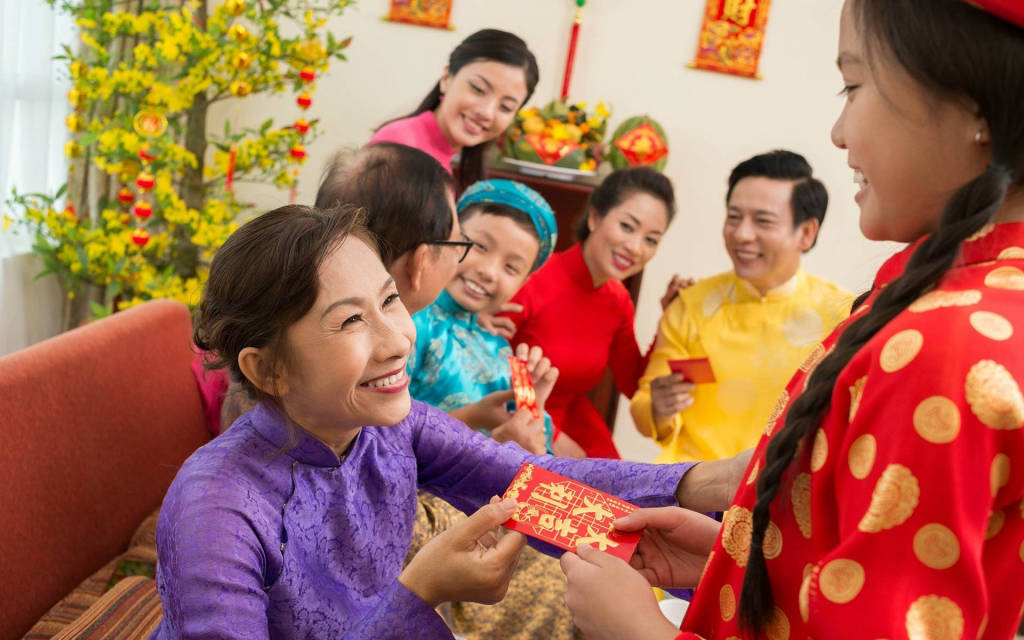
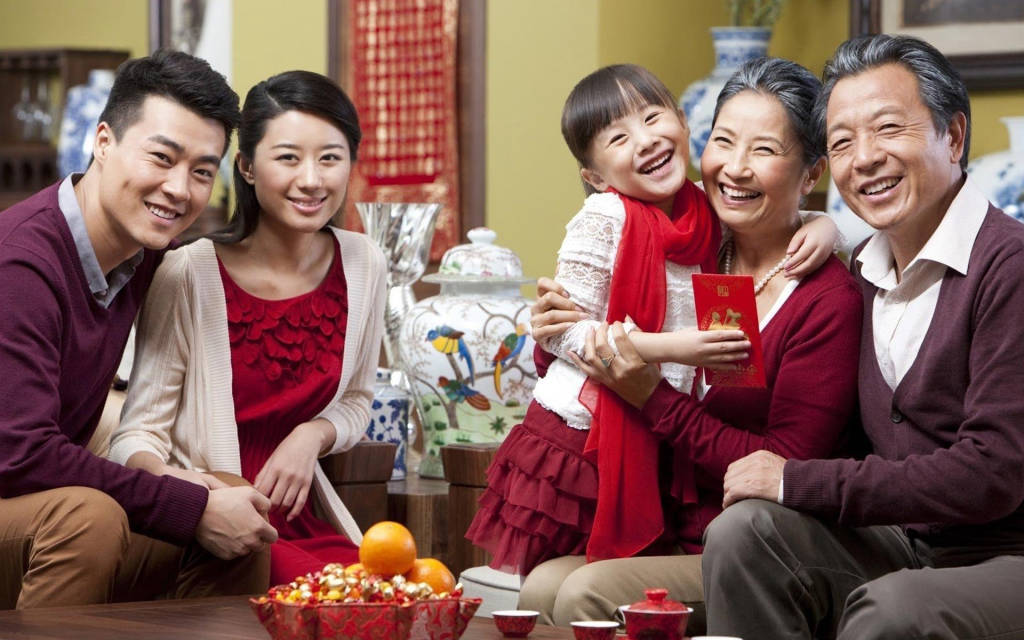
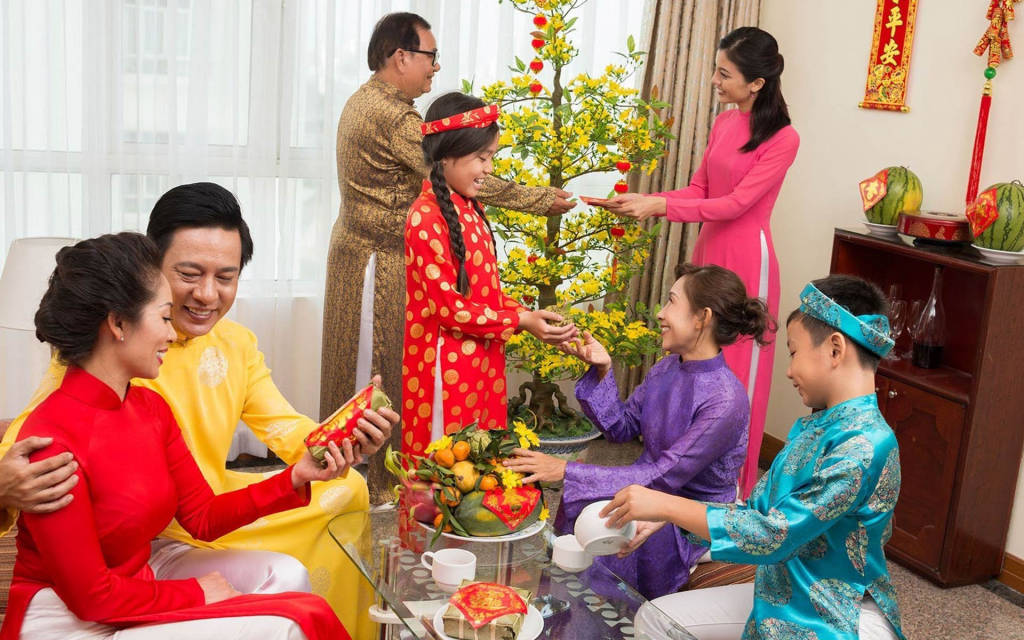






 Hanoi, Viet Nam
Hanoi, Viet Nam